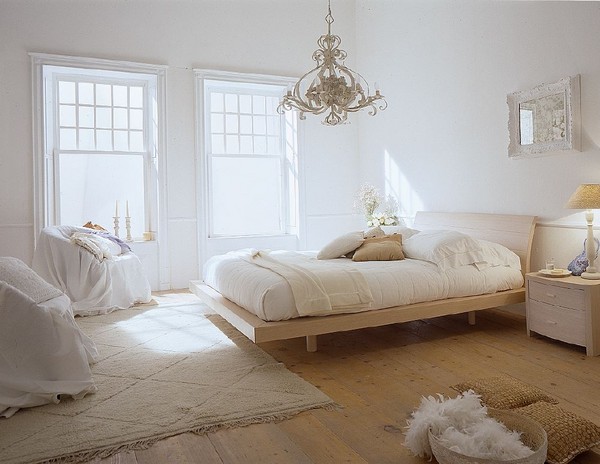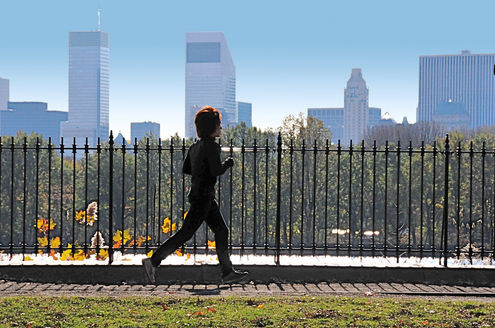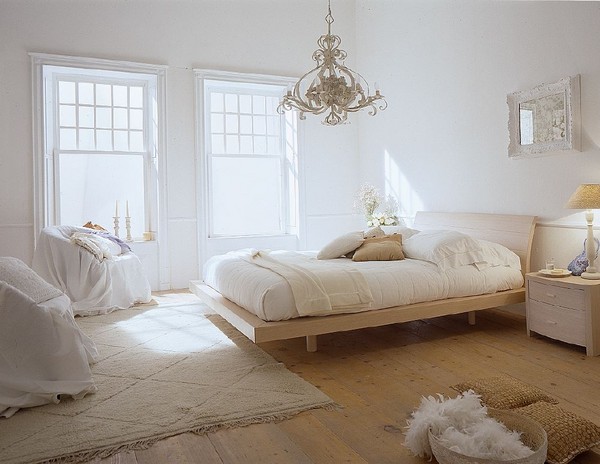Light at night disrupts our biological clocks, or circadian rhythm, and suppresses our melatonin production. Although all light at night can disrupt sleep cycles, blue light has a much more powerful suppressive effect on Melatonin and alerts our body through the production of adrenaline. Research shows that blue light and the disruption of the sleep cycle may contribute to cancer, diabetes, heart disease, obesity, insomnia and mental illness.
What are sources of blue light?
Electronic devices such as televisions and computers emit blue light, but the worst culprits are iPads, iPhones, and other small electronic devices that we hold close to our faces. Fluorescent and LED lights also produce more blue light than the older incandescent light.
How to reduce blue light exposure
- Use dim red lights for night lights in the bedroom. Cover blue lights with electrical tape.
- Stay away from bright screens of electronic devices for 2 to 3 hours before bed. Keep these devices away from the bedroom or turn them off when you go to sleep.
- Expose yourself to lots of bright light during the day and dim the lights at night.
- Turn down the brightness level on computer screens and electronic devices at night. Apple notes that blue light emissions can be reduced on the iPad by adjusting brightness and switching to white on black mode at night through the “settings” feature.
- Try Blue Light Filters. These filters are acrylic removable screens ordered to size that can be fitted over any electronic device. Special Blue Filter eyewear is also available. The blue part of the light spectrum is removed and all colours look normal except for deep blue appears black and light blue appears green. Inexpensive yellow tinted sunglasses will also block blue light but produce more colour variations.
Sources and Further Reading:
Computer Screens & Insomnia,
Light from electronic screens at night linked to sleep loss









